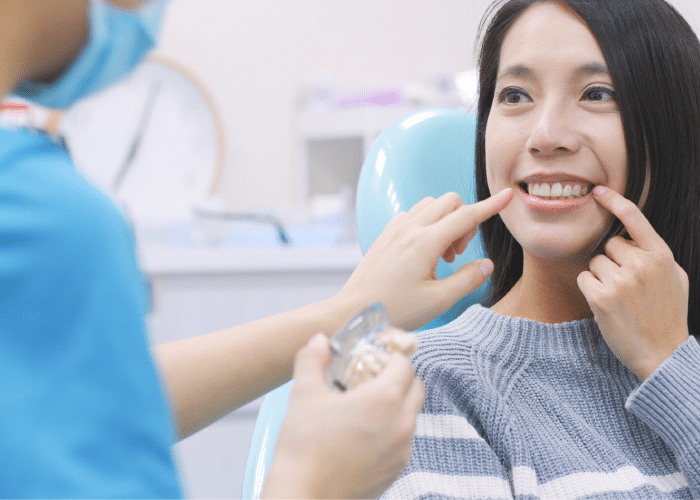Chipped, broken or cracked teeth can lead to serious oral problems if left untreated. Here are a few things you should keep in mind if you have a crack in your tooth — or if you suspect that your tooth is cracked.
Key takeaways:
• A tooth can get cracked from blunt force trauma, chewing hard foods and objects such as pens and grinding your teeth. Also, large fillings can put immense pressure on the tooth and cause it to fracture.
• Cracks on your tooth may not be visible but after a while you may start experiencing pain and tooth sensitivity.
• Cracks often require minimal treatment such as dental bonding. However, visit your dentist as soon as you spot the fracture because it can get worse and result in a painful infection.
Seek your dentist’s advice to know if your cracked tooth needs professional treatment.





